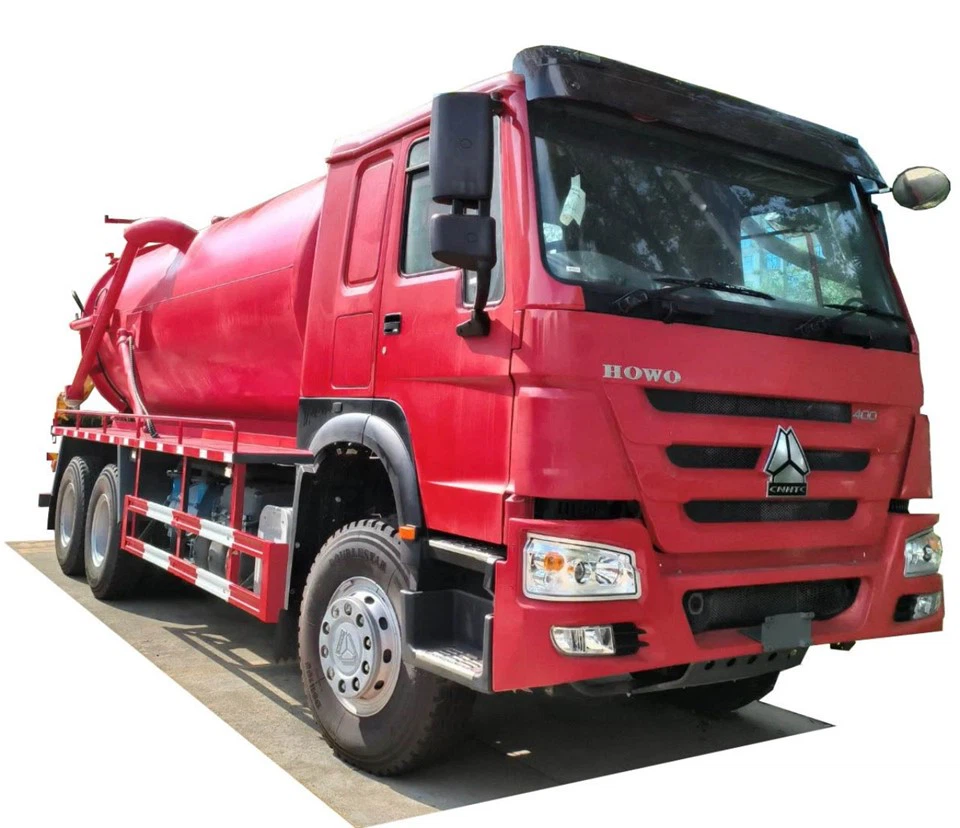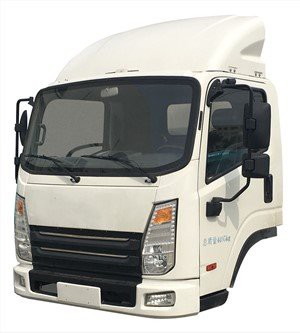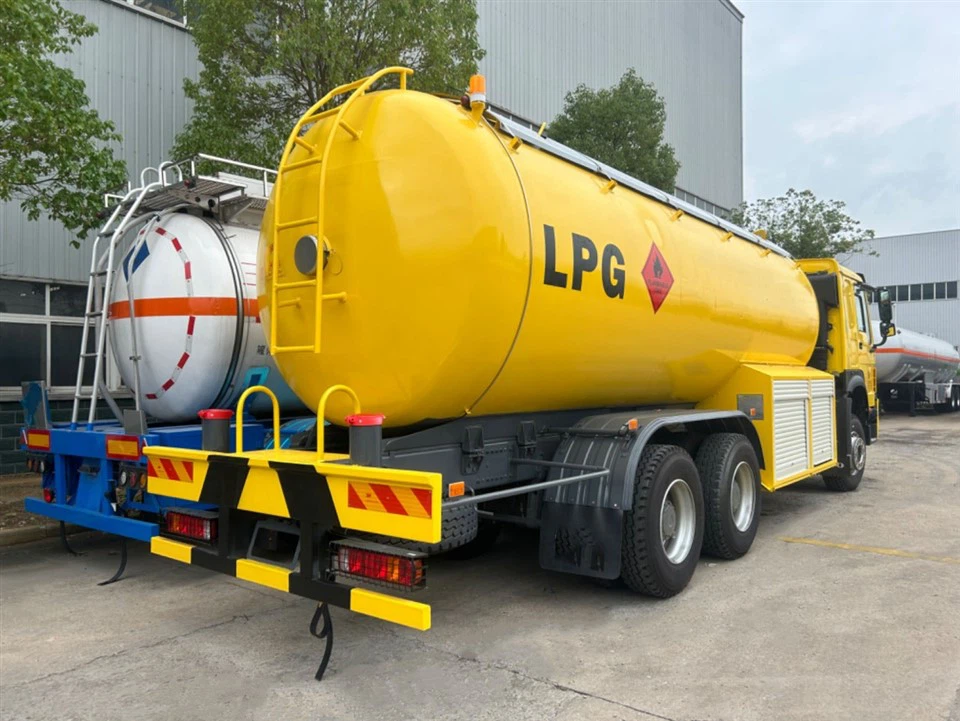Cement Truck Types: A Comprehensive Guide to Choosing the Right Mixer

Cement trucks are essential equipment in the construction industry, serving as the backbone of concrete transportation and mixing. Understanding the various types of cement trucks is crucial for contractors, builders, and suppliers to make informed decisions that can impact project efficiency and cost. In this article, we will delve into the different types of cement trucks, their features, applications, and practical tips for selecting the right one for your specific needs.
What is a Cement Truck?
A cement truck, also known as a concrete mixer truck, is a specialized vehicle designed to transport and mix concrete and other construction materials. These trucks are equipped with a rotating drum that mixes the ingredients and keeps the concrete in a liquid state during transit. This prevents the concrete from setting before it reaches the construction site, ensuring quality and consistency in the final application.
Types of Cement Trucks
1. Transit Mixers

Transit mixers are the most commonly used type of cement trucks. They feature a rotating drum mounted on the truck chassis, which mixes the concrete as it is transported from the batching plant to the job site. Key features include:
- Rotating drum for continuous mixing
- Variety of sizes, typically ranging from 6 to 16 cubic yards
- Available in rear or front discharge configurations
Advantages of Transit Mixers
- Highly versatile for various project sizes
- Efficient mixing ensures consistent quality
- Suitable for long-distance transportation
Practical Example

For a large-scale commercial project requiring several hundred cubic yards of concrete, a transit mixer can deliver concrete directly from the batching plant, ensuring minimal downtime and high-quality results.
2. Concrete Pump Trucks
Concrete pump trucks combine a cement truck with a boom pump. These trucks are specifically designed for pouring concrete in hard-to-reach areas, such as tall buildings or large foundations. Key features include:
- Extensible boom that allows for high-reaching pours
- Pneumatic or hydraulic systems for easier control
- Integrated mixing unit for on-site adjustments
Advantages of Concrete Pump Trucks
- Ability to reach high heights or difficult locations
- Fast and efficient placement of concrete
- Reduces manual labor costs
Practical Example
In a skyscraper construction project, using a concrete pump truck can facilitate the quick placement of concrete at significant heights without the need for scaffolding or cranes.
3. Volumetric Concrete Mixers
Volumetric concrete mixers are unique as they allow contractors to mix concrete on-site. These trucks contain separate compartments for each ingredient and mix them as required. Key features include:
- Adjustable mixing ratios based on project requirements
- Elimination of waste by mixing only what is needed
- Enhanced control over concrete quality
Advantages of Volumetric Concrete Mixers
- Increased flexibility for small to medium-sized jobs
- Minimized waste and better resource management
- Ability to produce different types of mixes on demand
Practical Example
A decking project may require a specific mix that varies from the standard used on other sites. A volumetric mixer can prepare fresh concrete on-site, tailored to the unique requirements of the project.
4. Front-Discharge Mixers
Front-discharge mixers have the drum mounted at the front of the vehicle, allowing for precise control while placing the concrete. Key features include:
- Enhanced visibility for the driver during pour
- Greater control over concrete placement
- Typically smaller capacities ranging from 5 to 10 cubic yards
Advantages of Front-Discharge Mixers
- Ideal for urban construction sites with limited space
- Improved efficiency in pouring without repositioning the truck
- Reduces the need for additional equipment
Practical Example
In congested city areas, a front-discharge mixer allows for precise placement of concrete, ensuring minimal disruption and efficient use of space.
5. Rear-Discharge Mixers
Rear-discharge mixers are the traditional cement trucks, with the drum mounted at the rear of the vehicle. Key features include:
- Drum rotation allows concrete to discharge at the back
- Variations in size, typically larger capacities (up to 16 cubic yards)
- Widely used for general construction purposes
Advantages of Rear-Discharge Mixers
- Proven effectiveness for standard concrete deliveries
- Allows for stable transportation of large loads
- Relatively low operational costs
Practical Example
For residential building foundations, a rear-discharge mixer can deliver bulk concrete efficiently and cost-effectively, fulfilling the demand for substantial volumes of concrete.
6. Specialty Cement Trucks
Some projects may require specific types of cement or concrete. Specialty trucks cater to these unique needs. Key features include:
- Cement bulk carriers for dry cement transport
- Trucks dedicated to transporting specific types of concrete, like shotcrete
- Configurations tailored to accommodate unconventional materials
Advantages of Specialty Cement Trucks
- Customization according to project specifications
- Optimal delivery of specialty materials
- Enhanced performance for specialized applications
Practical Example

A concrete restoration project may require shotcrete for spraying onto vertical surfaces. A specialty truck equipped for this application can efficiently deliver the materials needed for the job.
Factors Affecting the Choice of Cement Truck Type
1. Project Size and Scope
The size and requirements of your project will largely dictate the type of mixer you need. Small residential jobs may benefit from volumetric mixers, while commercial endeavours typically require transit mixers.
2. Terrain and Accessibility
Consider the type of terrain and accessibility at the job site. For tight spaces or uneven terrain, front-discharge or concrete pump trucks may be necessary for effective concrete placement.
3. Volume Needs
Assess the total volume of concrete required for the project. Larger construction projects may necessitate the use of multiple transit mixers to meet volume demands efficiently.
4. Concrete Types and Specifications
Different applications require different types of concrete. If your project requires specialty mixes, consider trucks designed for those specific applications.
5. Cost Considerations
Budget constraints can influence your choice of cement truck. While specialty trucks may provide additional features, they may also come with higher costs. Weigh the benefits against your budget to make an informed decision.
Maintaining Cement Trucks
1. Regular Inspections
Routine inspections of cement trucks ensure they are operating safely and efficiently. Key areas to check include:
- Brake systems
- Drum functionality
- Tires and overall vehicle condition
2. Cleaning and Maintenance
Keeping the mixer drum clean is crucial to prevent concrete buildup and ensure the quality of future mixes. After each use, rinse out the drum with water to minimize residue.
3. Operator Training
Investing in proper training for operators is vital. A skilled driver not only ensures safe operation but also maximizes the efficiency of concrete placement.
4. Adhering to Safety Protocols
Safety should always be a priority when operating cement trucks. Regularly review safety protocols with your team to minimize risks and ensure compliance with industry regulations.
Choosing the Right Cement Truck for Your Project
Selecting the appropriate cement truck type involves assessing your project’s specific needs and the characteristics of each mixer type. Here are some practical tips to help you make the best choice:
- Evaluate the size and scope of your project to determine volume needs.
- Consider the site conditions and accessibility when choosing the mixer type.
- Assess the type of concrete required, including any specialty mixes.
- Weigh operational costs against project demands to find budget-friendly options.
- Consult with experienced professionals in the industry for recommendations and insights.
FAQ
1. What is the average capacity of a transit mixer?
The average capacity of a transit mixer ranges from 6 to 16 cubic yards, depending on the model and manufacturer.
2. Can volumetric mixers be used for large projects?
Yes, volumetric mixers can be used for larger projects, especially when flexibility in concrete types and quantities is required.
3. How does a concrete pump truck differ from a standard cement truck?
A concrete pump truck comes with a boom pump that allows it to pour concrete precisely in hard-to-reach areas, whereas a standard cement truck primarily transports concrete.
4. What maintenance is required for cement trucks?
Maintenance includes regular inspections of the vehicle, cleaning of the mixer drum, and ensuring all safety features are in good working order.
5. Are front-discharge mixers better for tight sites?
Yes, front-discharge mixers provide better visibility and control for pouring in tight and congested job sites.
6. How do I choose the best cement truck for my construction needs?
To choose the best cement truck, evaluate your project size, terrain, concrete type, volume requirements, and budget to make an informed decision.
